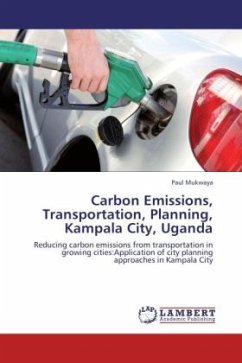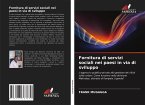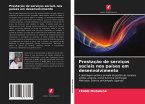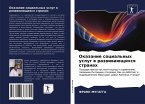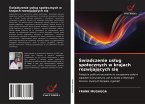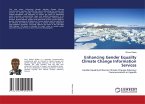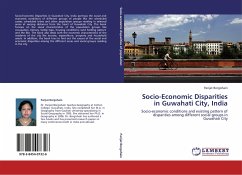This study address the carbon footprint of transportation in Kampala City and how city planning approaches can be used to reduce It. Kampala City`s development is attracting more vehicles onto its already congested streets every day and subsequently concerns have been raised over the level of fuel consumption and CO2 emissions generated. Using data from a travel survey, key stakeholder interviews, literature searches coupled with emissions simulations, this study addressed three objectives: 1) the extent to which city planning approaches have influenced transport development paths in Kampala City, 2) CO2 emissions associated with alternate patterns/ configurations of transport and city growth in Kampala City, and 3) the level of intervention and effectiveness of city planning institutions to reduce CO2 emissions from transportation in Kampala City.
Bitte wählen Sie Ihr Anliegen aus.
Rechnungen
Retourenschein anfordern
Bestellstatus
Storno

